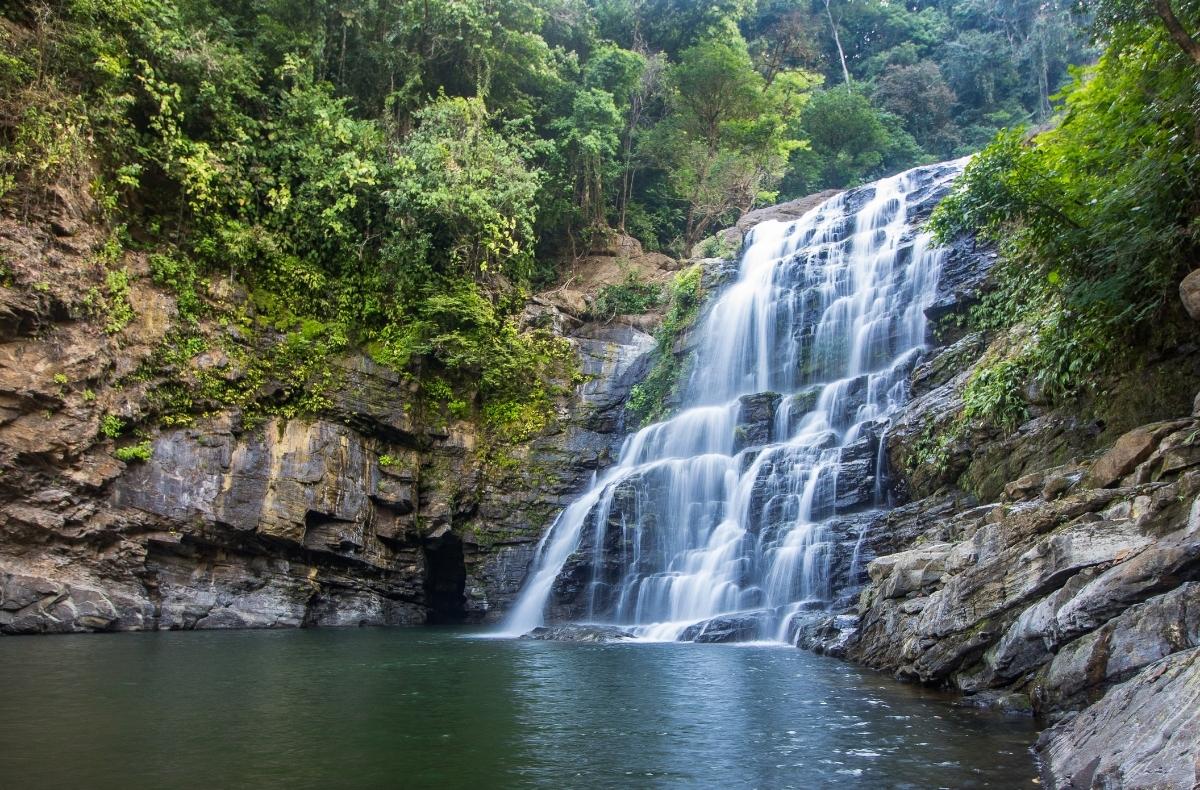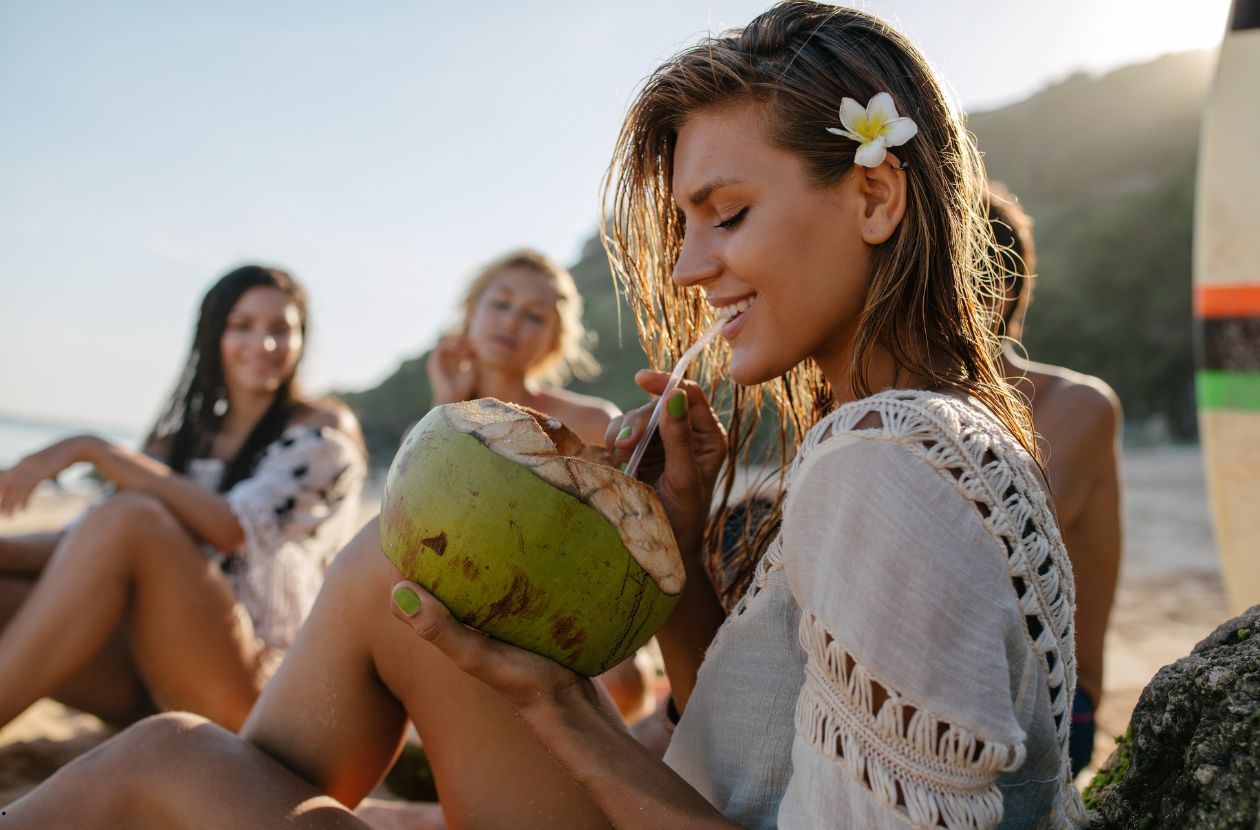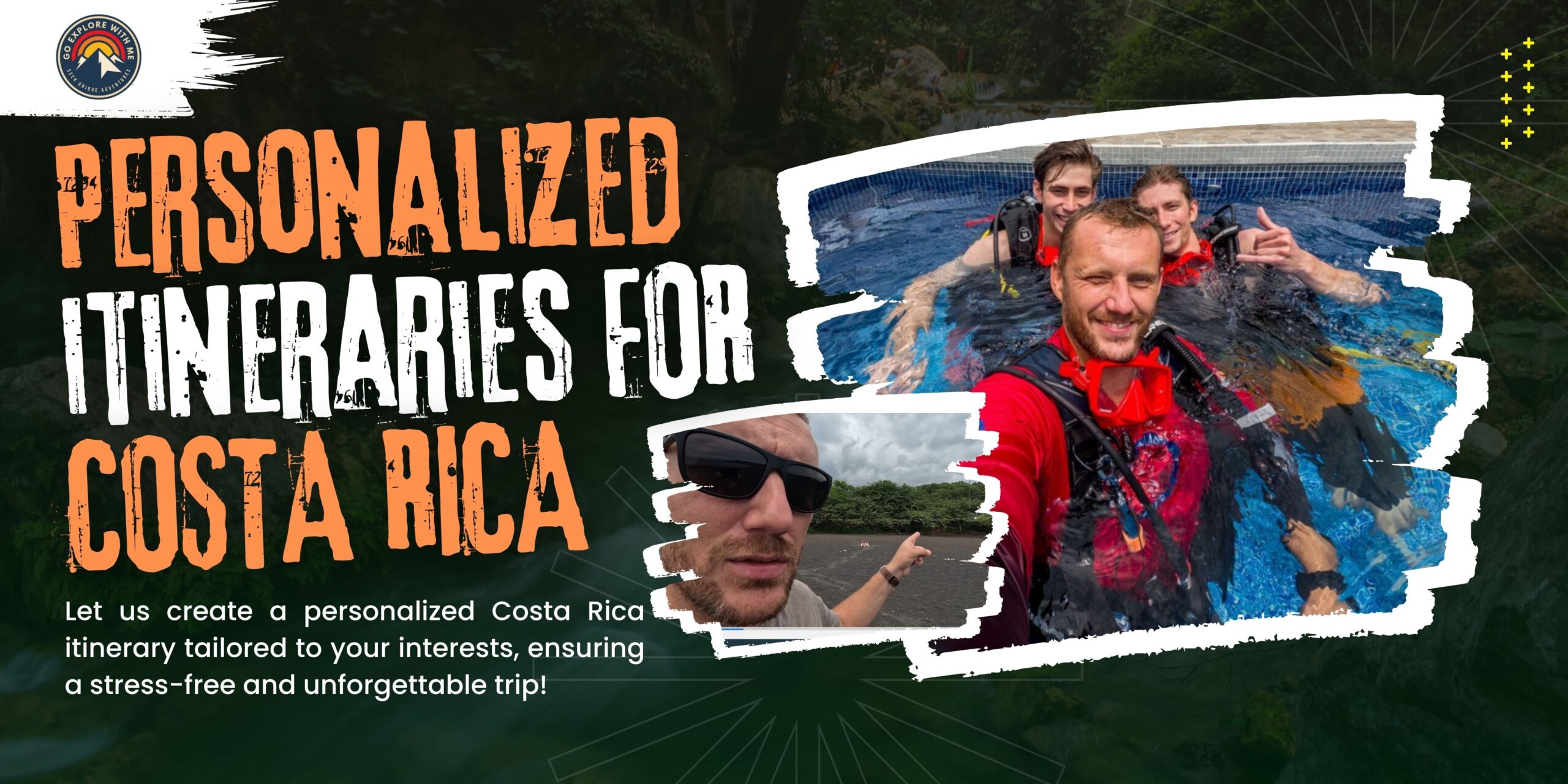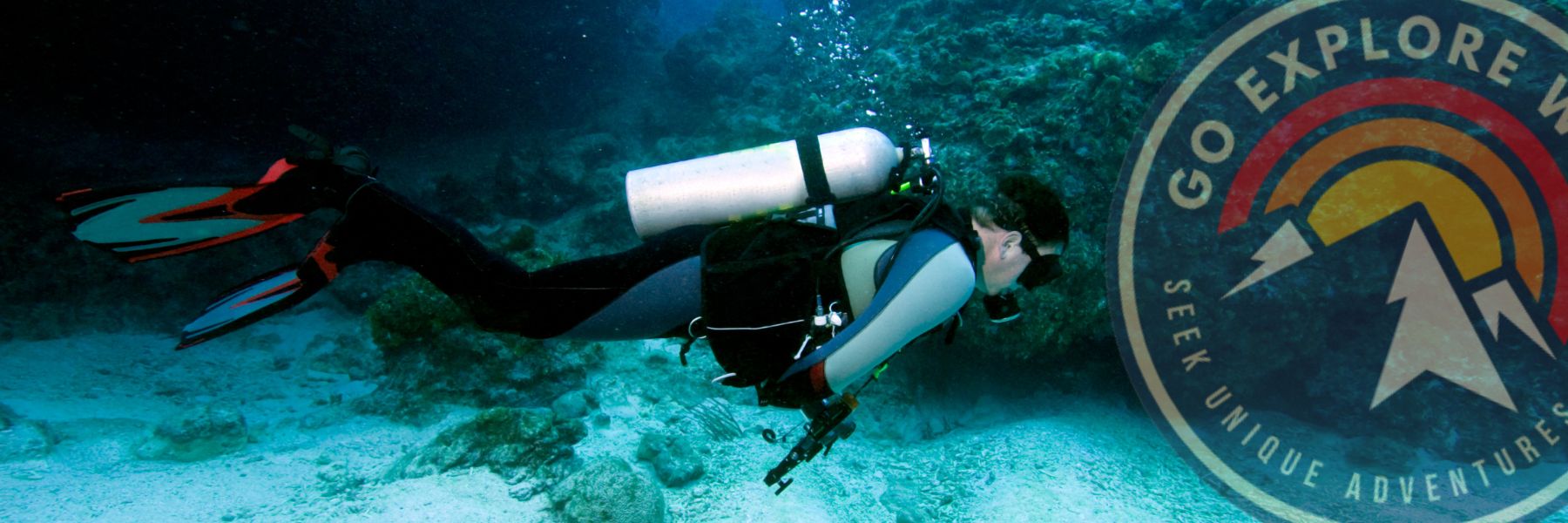Contents
One of the most common worries travelers have while visiting a new country is whether the tap water is safe to drink. If you consider Costa Rica, though, the answer will depend mostly on where you are. The country boasts a very well-developed water infrastructure, and in most urban as well as tourist areas, tap water is generally regarded as safe. However, in the rural and remote parts, you are recommended to take precautions. Quality of drinking water, potential risks, and alternatives can help you stay hydrated while enjoying Costa Rica to the fullest.
Can I Drink Tap Water in Costa Rica?
Tap water in most parts of Costa Rica, particularly major cities and tourist areas such as San José, Manuel Antonio, La Fortuna, and Tamarindo, is usually deemed safe to drink. There is an effectively functioning water treatment system in the country, and local authorities strive to regulate water quality. Most locals and visitors consume tap water without any problem. However, water quality is variable in some distant rural areas, and it may be advisable to take caution.

When Should You Be Cautious?
Tap water in most locations is safe, but there are times when extra precautions should be taken. For example, visiting some remote villages, national parks, or coastal areas with minimal infrastructure will warrant drinking bottled water or using a water filter instead. Sudden changes in water composition can sometimes result in mild stomach discomfort to visitors not used to it even if it is safe for locals.
My Personal Experience in Costa Rica
I have been to Costa Rica for years and can say that in most places, I could drink tap water without any problems. In cities and at hotels and restaurants, it is easily drinkable, tasting fresh and clean. If going deep into Corcovado National Park or staying at some remote jungle lodges, I always take bottled or filtered water for safety. If one’s stomach is particularly sensitive, it’s always advised to err on the side of caution.
Single-Use Plastics Ban in National Parks
Costa Rica has banned single-use plastics in parks and protected areas. As visitors are now encouraged to bring their own reusable water bottles, plastic bottles, straws and disposable containers will no longer be found. In general, the parks have refill stations in convenient locations where you can access filtered water, making it easier for visitors and reducing their impact on the environment. This initiative is one of Costa Rica’s efforts towards sustainability and aims to achieve a plastic-free and carbon-neutral country. Tourists visiting the site should take the initiative and plan to bring environmentally friendly alternatives such as stainless steel bottles or reusable BPA-free bottles.
Alternative Water Options for Travelers
If you want to avoid tap water, there are other options in Costa Rica. Supermarkets, convenience stores and hotels offer plenty of good imported and local bottled water. An even better alternative for eco-conscious travelers is to carry a reusable bottle with a built-in filter or UV purification system to avoid plastic waste while ensuring safe drinking water. Another option for guests are the filtered water stations in many hotels and eco-guesthouses. Water purification tablets or portable filtration systems can be useful when traveling to remote areas where bottled or filtered water is harder to find.
What About Ice and Tap Water in Restaurants?
Most tourist destinations or cities in Costa Rica have ice and drink made from filtered or purified water where it makes it safe to drink. Many high-end establishments and the ones that serve international visitors maintain stringent hygiene standards regarding water. In more rural places or small local restaurants, it is wise to inquire whether the ice is made from purified water or simply go for bottled beverages to avoid any potential risk. Using a reusable bottle with a built-in filter can offer peace of mind, especially for those with sensitive stomachs or going to remote areas.
How Costa Rica’s Tap Water Compares to Neighboring Countries
Compared with the rest of Central America, tap water quality in Costa Rica is an exception, especially in populated areas and tourist places. Anyhow, neighbouring countries like Nicaragua and Honduras have only developed tap-water treatment facilities, even so, a Costa Rican well-built water infrastructure does not even compare with Panama because tap water already is safe for most people at Panama City and in the Canal Zone.
A caution, however, is warranted for the rural areas in all these countries- including Costa Rica- since there are times when water would vary in quality due to antiquated piping or agricultural runoff. Most of the Central American tourists use bottled water but possibly do not have to buy them in Costa Rica, thus making it an environmentally friendly destination.

Health Precautions and Travel Insurance
While visiting Costa Rica, you should also consider possible health issues. Although this country has good health services, one can get sick all of a sudden with unexpected injuries, especially in remote areas. A broad-spectrum travel insurance plan is highly recommended to cover your medical expenses and medical emergencies or other unforeseen situations.
If you plan to engage in adventure opportunities such as scuba diving or zip-lining, be sure to have a policy that covers extreme sports. We will assist in finding an insurance plan that meets your needs and offers DAN diving insurance, which covers water-related activities that are often excluded by basic insurance policies.
Staying Hydrated in Costa Rica’s Climate
The tropical climate of Costa Rica may be hot and humid, hence making proper hydration important. Whether one is hiking into the rainforests, snorkeling at Isla del Caño, or climbing volcanoes, carrying water bottles is essential. Dehydration sets in very quickly; you should drink water throughout the day.
Conclusion: Can You Drink Tap Water in Costa Rica?
Yes, in most regions of Costa Rica, tap water is potable. Nevertheless, it would be wise to drink bottled or filtered water if traveling to remote areas or if you are prone to stomach upsets. Staying hydrated is essential in order to enjoy your adventure in Costa Rica, so do drink enough water while being on the safe side.






